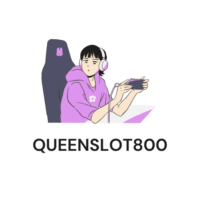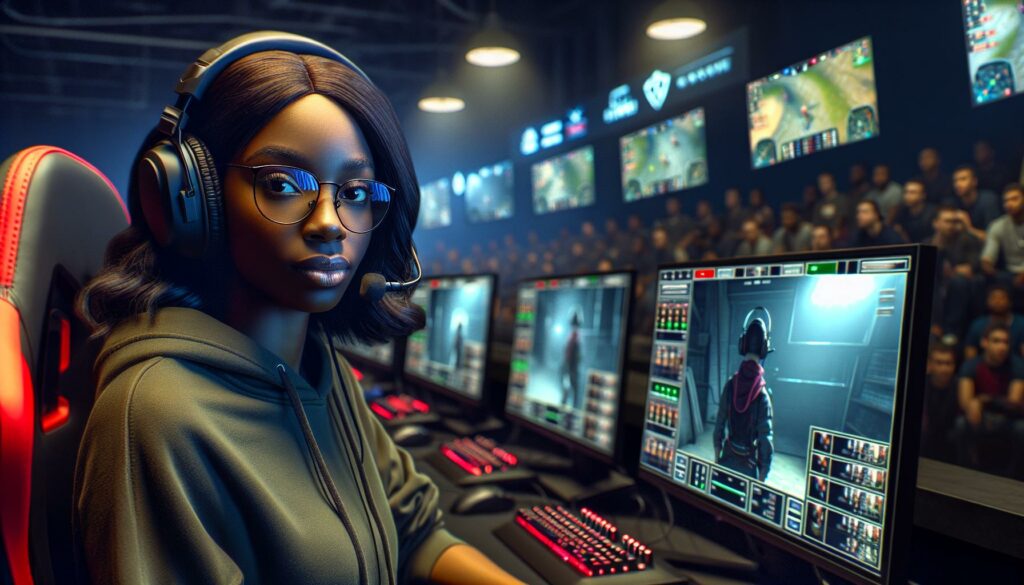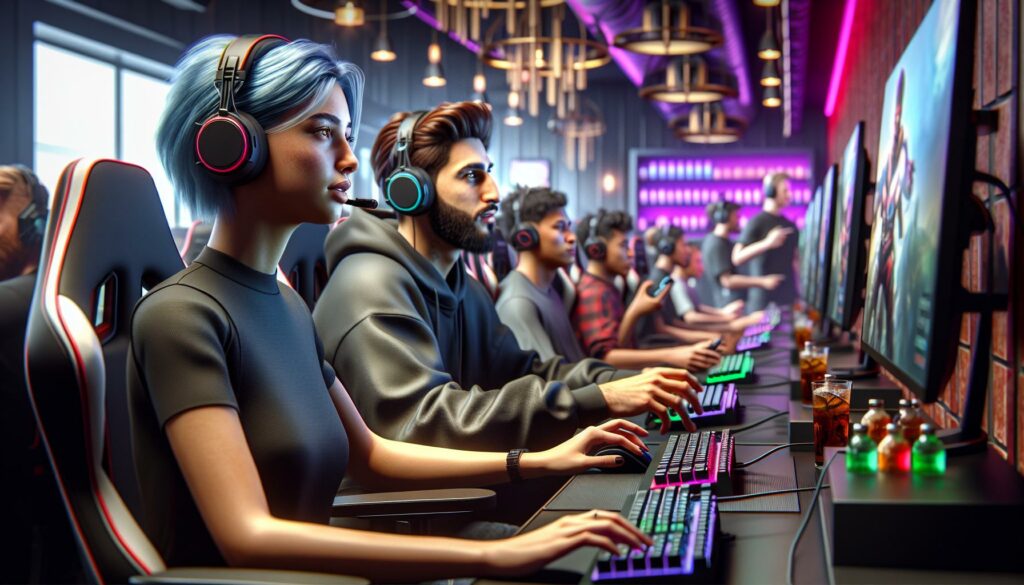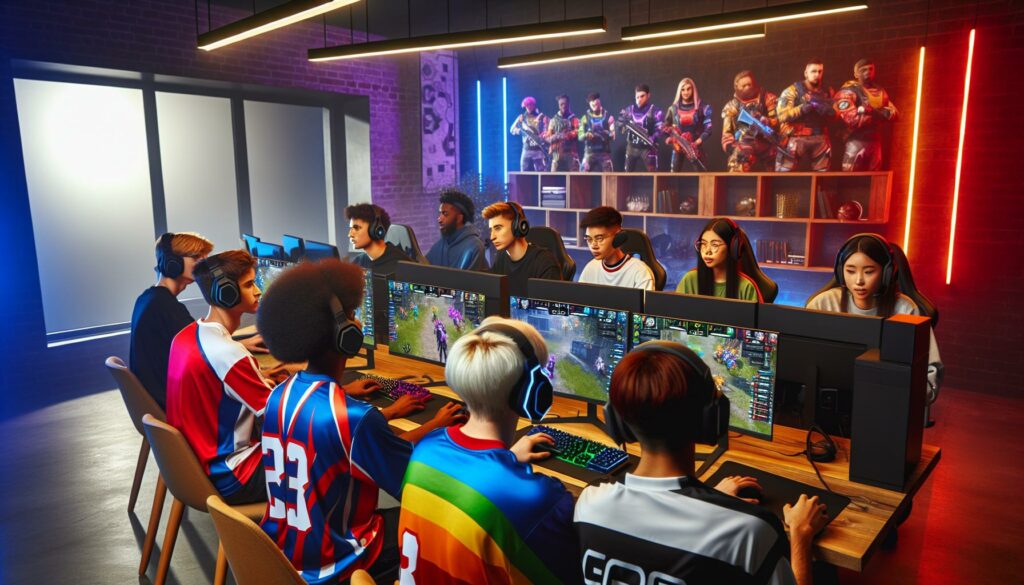I’ve watched the esports industry evolve from basements and internet cafes into a billion-dollar phenomenon. As an esports observer, I get a front-row seat to the most thrilling competitive gaming moments while analyzing strategies, player performances and market trends that shape this dynamic industry.
The role of an esports observer goes far beyond just watching games. It’s about understanding complex game mechanics, tracking industry developments and providing valuable insights to viewers and stakeholders alike. When I’m observing a match, I’m essentially the virtual camera operator, controlling what millions of viewers see during live broadcasts and helping tell compelling stories through strategic camera angles and replay selections.

Key Takeaways
- An esports observer serves as a virtual camera operator during live broadcasts, controlling what millions of viewers see through strategic camera angles and replay selections
- Key responsibilities include operating virtual camera tools, switching between player perspectives, highlighting critical moments, and coordinating with production teams for seamless broadcasts
- Technical skills required include advanced knowledge of game mechanics, quick reaction time, understanding of storytelling through visual elements, and proficiency with observer software tools
- Career paths in esports observing range from entry-level positions ($35,000-$45,000) to senior roles ($75,000-$120,000), with opportunities at major tournament organizers and game publishers
- The role significantly impacts esports broadcasting by enhancing viewer experience through strategic camera control, instant replays, player tracking, and statistical overlays
Esports Observer
An esports observer controls the in-game camera movements during professional esports broadcasts. I manipulate virtual camera angles to capture key moments, track player positions and showcase strategic plays across multiple game titles like Counter-Strike, League of Legends or Dota 2.
My primary responsibilities include:
- Operating virtual camera tools to follow gameplay action
- Switching between player perspectives during matches
- Highlighting critical moments through instant replays
- Coordinating with production teams for seamless broadcasts
- Managing multiple viewing angles simultaneously
The technical requirements for this role involve:
- Advanced knowledge of esports game mechanics
- Quick reaction time for capturing sudden plays
- Understanding of storytelling through visual elements
- Proficiency with esports observer software tools
- Familiarity with broadcast production workflows
The observer position requires specific skills:
- Split-second decision making during live matches
- Anticipation of player movements and strategies
- Clear communication with production staff
- Depth perception in 3D game environments
- Multitasking between different camera angles
Key software tools I use include:
| Tool Type | Purpose | Common Examples |
|---|---|---|
| Observer Client | In-game camera control | GOTV, League Director |
| Production Software | Broadcast coordination | OBS, XSplit |
| Communication Systems | Team coordination | TeamSpeak, Discord |
| Replay Systems | Highlight capture | DemoUI, BarraCuda |
My role combines technical expertise with creative storytelling to deliver engaging esports content for viewers worldwide.
Key Responsibilities of Esports Observers![]()
Esports observers serve as virtual cinematographers during competitive gaming broadcasts. I’ve identified three core responsibilities that define the role of an esports observer.
Camera Control and Visualization
My primary focus involves precise manipulation of in-game camera movements to capture critical moments. I maintain smooth transitions between player perspectives through keyboard shortcuts while adjusting camera angles to provide clear views of gameplay action. This includes:
- Operating free-roam cameras to showcase map overviews
- Switching between first-person perspectives of different players
- Creating cinematic shots during pre-game warmups
- Executing rapid camera movements to follow fast-paced action sequences
Game State Monitoring
I track multiple gameplay elements simultaneously to anticipate key moments. This involves:
- Monitoring player positions on minimaps
- Tracking ultimate ability charges in games like Overwatch
- Following resource management in strategy games
- Observing player health bars during intense firefights
- Identifying potential engagement zones before fights occur
Storytelling Through Observation
I transform raw gameplay into compelling narratives for viewers. My storytelling techniques include:
- Highlighting strategic setups before major encounters
- Following impact players during crucial moments
- Capturing team rotations to explain tactical decisions
- Showcasing equipment loadouts that influence gameplay
- Recording player reactions after game-changing plays
Each responsibility requires split-second timing coupled with deep game knowledge. I coordinate with production teams to ensure seamless transitions between these different aspects throughout each broadcast.

Technical Skills Required
Technical proficiency forms the foundation of effective esports observation, combining deep game understanding with software expertise.
Game Knowledge and Mechanics
I maintain expert-level understanding of game mechanics across multiple esports titles like League of Legends, CS:GO, DOTA 2 or Valorant. My knowledge encompasses:
- Analyzing hero abilities, weapon statistics, map layouts across game titles
- Predicting player movements based on economy management systems
- Identifying optimal observation angles for specific game situations
- Tracking cooldown timers, resource management, team compositions
- Understanding meta strategies, common tactics, rotation patterns
Production Software Proficiency
I operate specialized observer tools and production software to deliver seamless broadcasts:
- XSplit or OBS for scene switching and transitions
- Instant replay systems like DreamReel or EVS
- Custom observer clients for specific game titles
- Audio mixing boards for commentary integration
- Virtual camera control systems
- Real-time graphics overlay tools
- Multi-feed monitoring software
- Video encoding and streaming platforms
| Technical Aspect | Typical Settings |
|---|---|
| Frame Rate | 60 FPS minimum |
| Bitrate | 6,000-8,000 Kbps |
| Resolution | 1080p or 1440p |
| Encoding | x264 or NVENC |
| Latency | Sub 100ms |
Career Path in Esports Observing![]()
I’ve identified distinct pathways for pursuing a career in esports observing, combining formal training with practical experience to establish professional credibility.
Training and Certification
Online certification programs through ESL Gaming Academy or FACEIT provide essential observing fundamentals. I’ve completed specialized courses in:
- Camera control techniques for League of Legends tournaments
- Advanced replay management for CS:GO competitions
- Production workflow integration with major broadcasting platforms
- Virtual camera operations in Valorant matches
Key training milestones include:
| Training Component | Duration | Skill Focus |
|---|---|---|
| Game Mechanics | 3 months | Hero abilities, map layouts |
| Software Tools | 2 months | OBS, XSplit, Wirecast |
| Live Production | 4 months | Tournament workflows |
| Certification | 1 month | Industry standards |
Job Opportunities
Entry-level positions emerge through regional tournaments while premier roles exist with established organizations:
- Tournament Organizers
- ESL Gaming
- BLAST Premier
- PGL
- Game Publishers
- Riot Games
- Valve Corporation
- Blizzard Entertainment
| Position Level | Annual Salary Range | Required Experience |
|---|---|---|
| Entry Level | $35,000-$45,000 | 0-2 years |
| Mid-Level | $45,000-$75,000 | 2-5 years |
| Senior | $75,000-$120,000 | 5+ years |
Impact on Esports Broadcasting
My role as an esports observer transforms raw gameplay into compelling broadcast content through strategic camera control, real-time decision-making, and seamless coordination with production teams.
Viewer Experience Enhancement
I leverage advanced observing techniques to create immersive viewing experiences that showcase crucial gameplay moments. By switching between player perspectives at optimal times, I capture strategic rotations, teamfights, and individual mechanical outplays. My camera work includes:
- Smooth transitions between key map locations to maintain spatial awareness
- Strategic split-screen displays during simultaneous action points
- Close-up angles of critical ability usage or weapon exchanges
- Picture-in-picture setups to highlight multiple storylines

Tournament Production Value
I integrate specialized production elements to elevate broadcast quality and competitive storytelling. Here’s how my observing enhances tournament productions:
| Production Element | Impact Metric | Viewer Benefit |
|---|---|---|
| Instant Replays | 15-30 second clips | Detailed analysis of key moments |
| Player Tracking | 8-12 perspectives/round | Complete team strategy coverage |
| Statistical Overlays | 5-7 data points/match | Enhanced competitive context |
| Highlight Packages | 60-90 second segments | Memorable tournament moments |
- Coordinating with commentary teams for synchronized storytelling
- Managing replay timing for post-round analysis segments
- Implementing dynamic camera movements during pre-game map overviews
- Executing precise transitions between in-game action and player cameras
Unique Blend Of Technical Prowess Game Knowledge
Being an esports observer is more than just operating virtual cameras – it’s about bringing competitive gaming to life for millions of viewers worldwide. I’ve found that success in this role demands a unique blend of technical prowess game knowledge and creative storytelling abilities.
The future of esports observation looks incredibly promising with advancing technology and growing professional opportunities. I’m excited to see how this role will continue evolving as the industry expands. Whether you’re considering this career path or simply interested in understanding what goes on behind the scenes the world of esports observation offers endless possibilities for growth and innovation.
Remember that becoming an expert observer takes dedication practice and a genuine passion for competitive gaming. With the right skills and mindset you too can play a vital role in shaping the future of esports broadcasting.



